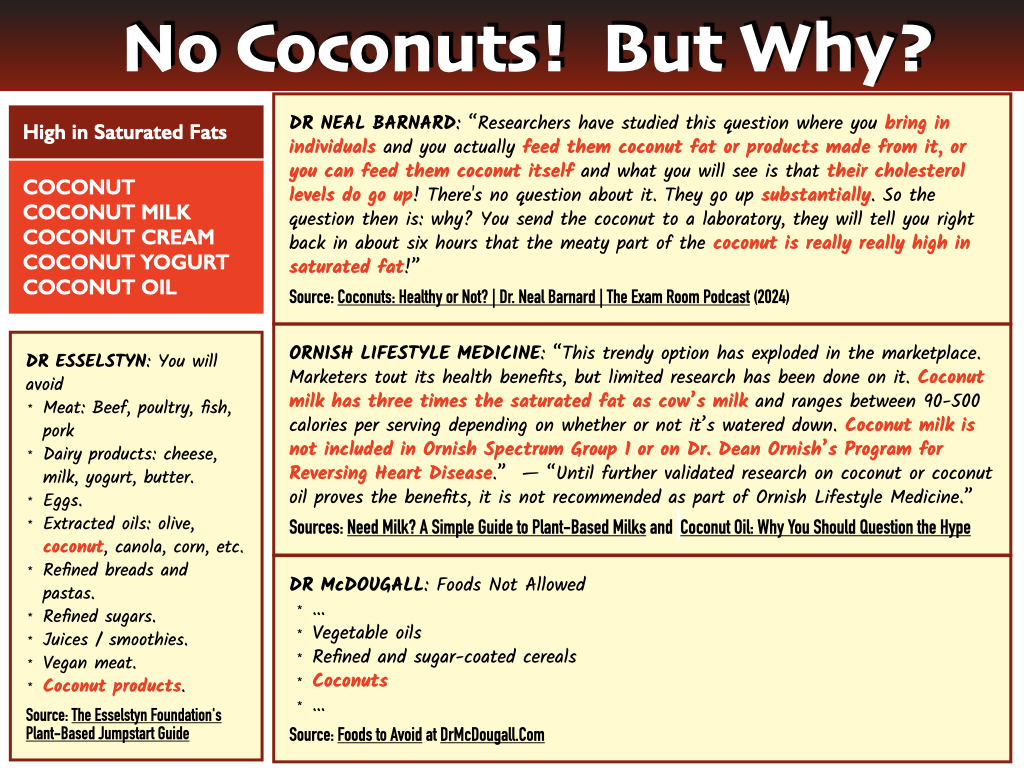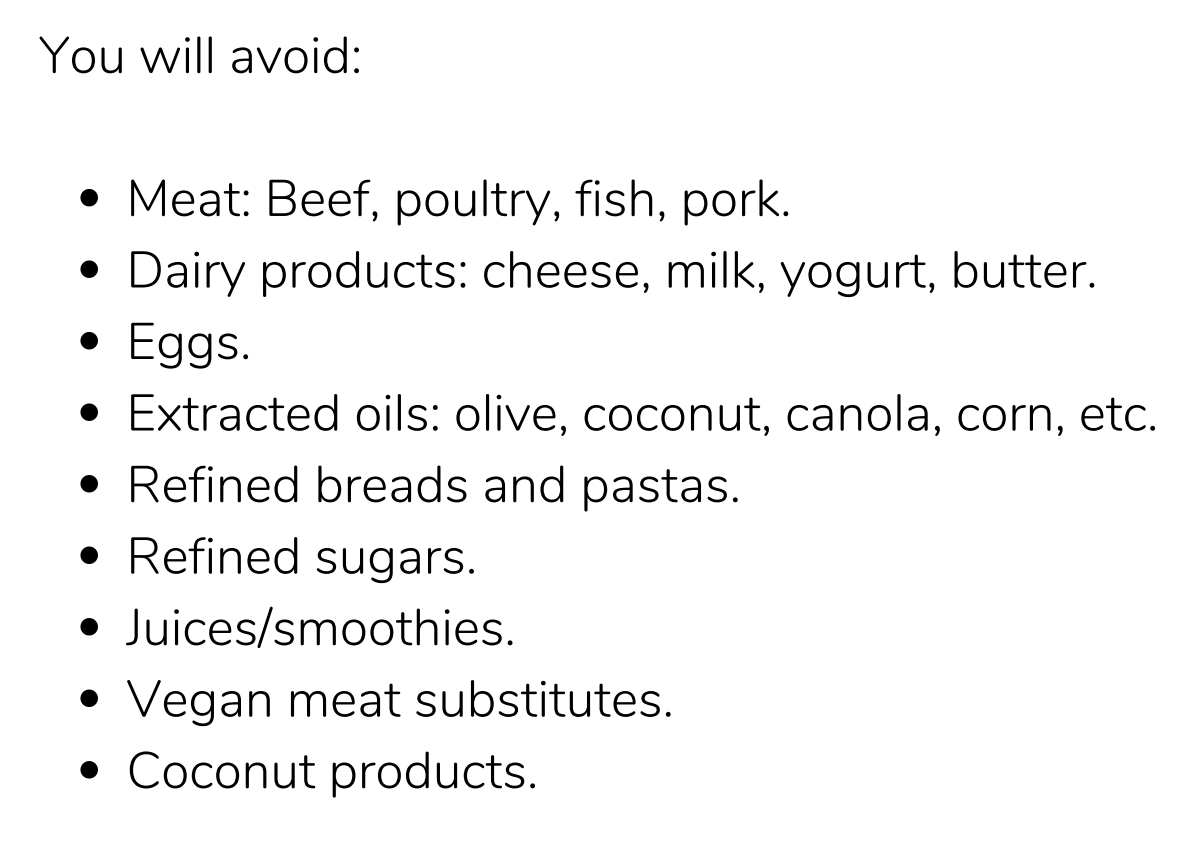
What are the saturated fats guidelines by various organizations worldwide? (See Saturated Fats: Dietary Guidelines for details)
- Institute of Medicine (IOM): As low as possible (concerns for elevated risk of Coronary Heart Disease).
- American Heart Association (AHA): Less than 5% to 6% of total calories daily.
- DASH Diet: Less than 6% of total calories daily.
- Govt of India (National Institute for Nutrition, ICMR): Less than 8% to 10% of total calories daily.
- USDA Dietary Guidelines (USDA): Less than 10% of calories daily.
- World Health Organization (WHO): Less than 10% of calories daily.
Summary: IOM would really like us to tighten our total saturated fat intake. As per WHO and USDA, on a 2,000 calorie diet, we may consume at most 200 calories (22 grams) from saturated fats. But if we wish to reduce our cholesterol levels, AHA's recommendation would make that threshold tighter to only 100 calories (11 grams) of saturated fats.
If we adopt IOM (Institute of Medicine) recommendations and strive to minimize our saturated fat intake, we should avoid coconut products entirely! But let's say we strive to follow WHO or USDA or AHA guidelines.
How much saturated fat is found in 1 serving of coconut milk? 130 calories (12 grams) of saturated fats. But how much is 1 serving of coconut milk? 1/3 of a cup. This cup is a measuring cup, not a regular cup. In our day to day life, my friends and I don't see drinking cups often — we usually see mugs, which are larger than drinking cups and measuring cups. A measuring cup holds 250 ml. So 1/3 of this cup (about 85ml) of coconut milk has 130 calories and 12 grams of saturated fat. [For serving sizes, micro- and macro-nutrient information about various raw foods and packaged foods, Cronometer is the best app.]
Let's say we are trying to reduce our cholesterol levels, then merely 1 serving (1/3 cup) of coconut milk (with 12 grams of saturated fats) already exceeds our daily dietary budget of 5% of calories coming from saturated fats (on a 2,000-calorie diet)!
Ann Esselstyn's article from 2013 has calculations similar to mine above. An excerpt:
At offset 13:44 of this video, Ann Esselstyn focuses her attention on coconut milk! She opens a can of coconut milk and explains that it's loaded with saturated fats! Ann also mentions that vegan ice creams and vegan yogurts often have coconut milk or coconut cream!
Similar calculations may be done for coconuts, coconut cream, coconut flour and coconut yogurt.
Coconut Milk: An excerpt from Need Milk? A Simple Guide to Plant-Based Milks at Ornish Lifestyle:
Coconuts & Coconut Oil: An excerpt from Coconut Oil: Why You Should Question the Hype at Ornish Lifestyle:
Coconuts and Avocados: An excerpt from Animal Protein? Avocados? Coconut Oil? Sorting Food Facts from Fiction at Ornish Lifestyle Medicine:
An excerpt from The Esselstyn Foundation's Plant-Based Jumpstart Guide (PDF):

Plant Strong is a food system advocated by Rip Esselstyn, son of Dr Esselstyn whose food system is called Plant Perfect. What is the difference between the two? Plant Perfect is strictly low fat, with 10% target fat percentage, no nuts. Plant Perfect allows for extra nuts & seeds. Still, Plant Strong community does not approve of coconuts! See the interview below:
A deep dive into a variey of coconut related questions! On the whole, coconuts and coconut derivatives like coconut milk, coconut yogurt and coconut cream are discouraged.
A deep dive into coconuts appears in this video: Coconuts: Healthy or Not? | Dr. Neal Barnard | The Exam Room Podcast (2024). Dr Barnard heads PCRM, a key organization that advocates Whole Food Plant-Based. Excerpts from the interview:
Chuck: "Alright! But are you telling me that even though it's high in saturated fat, is it really as unhealthy as say an extra-large fry from the local greasy spoon?"
Chuck: How does that compare to something like an avocado or a nut, both of which are also notoriously high in fat for being a natural plant food?
Chuck: So where does this whole idea that coconuts are healthy, especially coconut oil is a healthy oil come in? Is this marketing magic?
Chuck: Wondering how the fat in coconut compares to the fat that is found in cheese — something you and I have talked about at length here on the show.
Chuck: I guess I'm almost just having a hard time wrapping my head around this because the coconut seems to be like a major outlier [among plant foods]. It's an anomaly! Here you have: this food from nature that just is not healthy whatsoever. It just blows my mind that you could see numbers like that, that are in line with the burgers, the fries, the pizza, the steak — all of those things — in terms of raising your cholesterol! It's just mindblowing to me. Can you understand why some people might like really have a hard time comprehending the fact that this really is not necessarily a health food?
Chuck: Is that like the plant milk — if you're going to avoid one plant milk — coconut milk is the one that you're really going to want to steer away from?
Chuck: The coconut water though — not coconut milk — but the coconut water that is also very much part of the craze. Are there's still some really good nutrients in there that make it a beneficial option in terms of just quenching your thirst? Looking for something with a little more flavor than water.
Chuck: Lori is wondering: when it comes to coconut water, is it a healthier alternative to something like this bottle of Gatorade?
Chuck: Pat asks, "Can coconuts reduce oxidative stress in the body?" They're asking specifically about the antioxidants that might be found in them.
Chuck: We've heard a lot about coconuts being good for healthy skin, especially cocont oil. A lot of people will use coconut oil instead of lotion. Cindy was wondering, "Let's take the fat and cholesterol and all of that aside. Will eating coconuts actually help improve the quality of my skin?"
Chuck: Okay, fair enough! So there's not really anything to it that eating a coconut necessarily will be the cure of your dry skin, your eczema, your psoriasis, rosacea — any of those kinds of dermatological issues.
Chuck: Walt is wondering whether coconuts can cause gas and bloating?
Chuck: Ben is wondering if there are specific minerals that might be found in a coconut that support heart health in particular.
Dr Greger explains that saturated fats in coconut products like coconut oil are a big concern. He addresses misconceptions about MCTs in coconut oil too.
Articles by Dr Greger:
- (2021) What About Coconuts, Coconut Milk, and Coconut Oil MCTs?
- (2021) Coconut Oil and the Boost in HDL "Good" Cholesterol
- (2013) Is Coconut Oil Bad For You?
Videos by Dr Greger:
(5 mins) Transcript. Dr Greger's summary: "Sellers of coconut oil use a beef industry tactic to downplay the risks associated with the saturated fat in their products."
(7 mins) Transcript. Summary: Myriad details of how coconut oil raises cholesterol; how the coconut oil industry emphasizes MCTs (Medium Length Triglycerides) in coconut oils, forgetting the non-MCT oils that actually raise cholesterol.
Excerpt:
A the very end of this video, Dr Greger cites a recent review: Trending Cardiovascular Nutrition Controversies by Freeman et al, Journal of the American College of Cardiology, Volume 69, Issue 9, March 2017. This review paper has an entire section on coconut oil. They recommend avoiding both coconut oil (and palm oil) for heart health.
(6 mins) Transcript. Dr Greger's summary: "The effects of coconut oil are compared to butter and tallow. Even if virgin coconut oil and other saturated fats raise LDL “bad” cholesterol, isn’t that countered by the increase in HDL “good” cholesterol?"

 Instagram
Instagram YouTube
YouTube